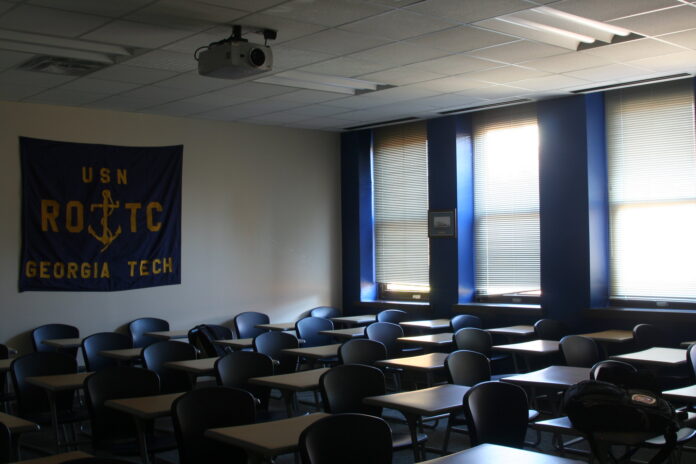By Bethany Blankley
In response to school districts reporting a record increase of failing grades, the Texas Education Agency (TEA) announced it will pause A-F grading for the 2020-21 school year due to the “ongoing disruptions associated with COVID-19.”
The STAAR test will proceed “in order to provide critically important information about individual student learning that teachers and parents can use to help students grow.”
“The last nine months have been some of the most disruptive of our lives,” TEA Commissioner Mike Morath said in a statement. “The challenges have been especially pronounced for our parents, teachers, and students.
“The issuance of A-F ratings for schools has proven to be a valuable tool to support continuous improvement for our students, allowing educators, parents, and the general public to better identify and expand efforts that are working for kids,” Morath added. “But the pandemic has disrupted school operations in fundamental ways that have often been outside the control of our school leaders, making it far more difficult to use these ratings as a tool to support student academic growth. As a result, we will not issue A-F ratings this school year.”
How well students perform on the STAAR test impacts teacher evaluations at some schools. But this aspect of their evaluation can be removed this year, TEA said, and STAAR test results will not be used for teacher accountability purposes.
TEA also said scores will not be used to determine whether students advance to the next grade level, meaning students’ failing grades might not prevent them from advancing to the next grade level in some cases.
In Houston ISD, 42 percent of students received at least one F grading in the first six weeks of school when only online virtual learning was offered. The number is nearly double the 26 percent of students who received one or more F grades during the first nine weeks of in-person instruction last year.
In Tyler ISD, 60 percent of virtual learners had failed at least one class before they returned to in-person instruction Nov. 2.
In Northside ISD San Antonio, twice as many students failed at least one class, compared to last year’s first grading period, the school reported.
Nationwide, nearly 93 percent of households with school-age children reported some form of distance learning as a result of state shutdown orders, according to the U.S. Census Bureau. And a new report analyzed by Education Week found that among students’ grades analyzed nationwide, “two-and-a-half to four-and-a-half months of learning [has been] lost, compared to a month or two in reading.”
Test results of more than 4.4 million students in grades 3-8 were compared from the fall of 2020 to their peers test results from the fall of 2019.
“They found no difference in reading gains, but on average a 5 to 10 percentile-point difference in math, with Black and Hispanic students in upper elementary seeing the worst learning losses,” the analysis found.
Originally published by The Center Square. Republished with permission.







